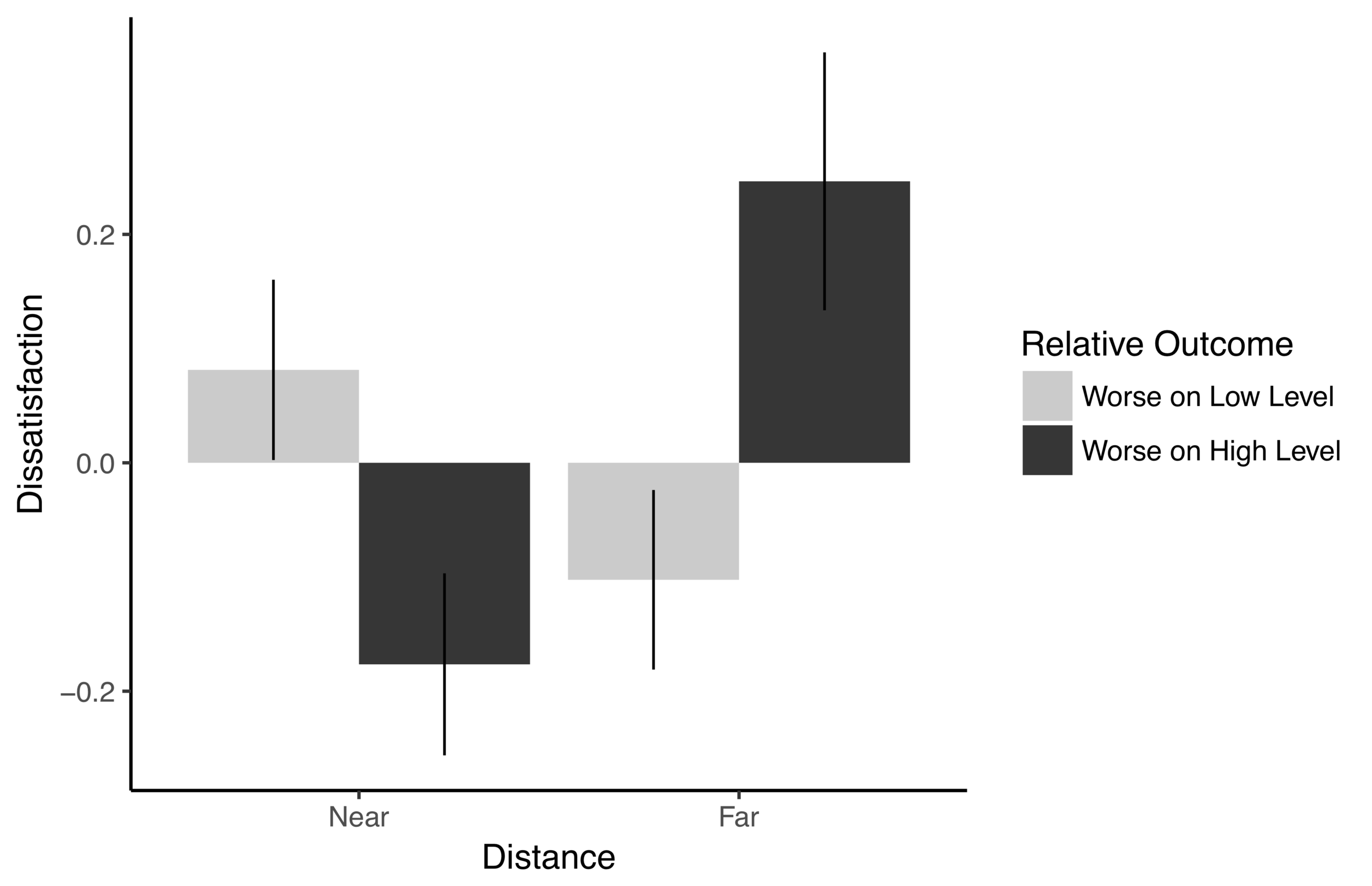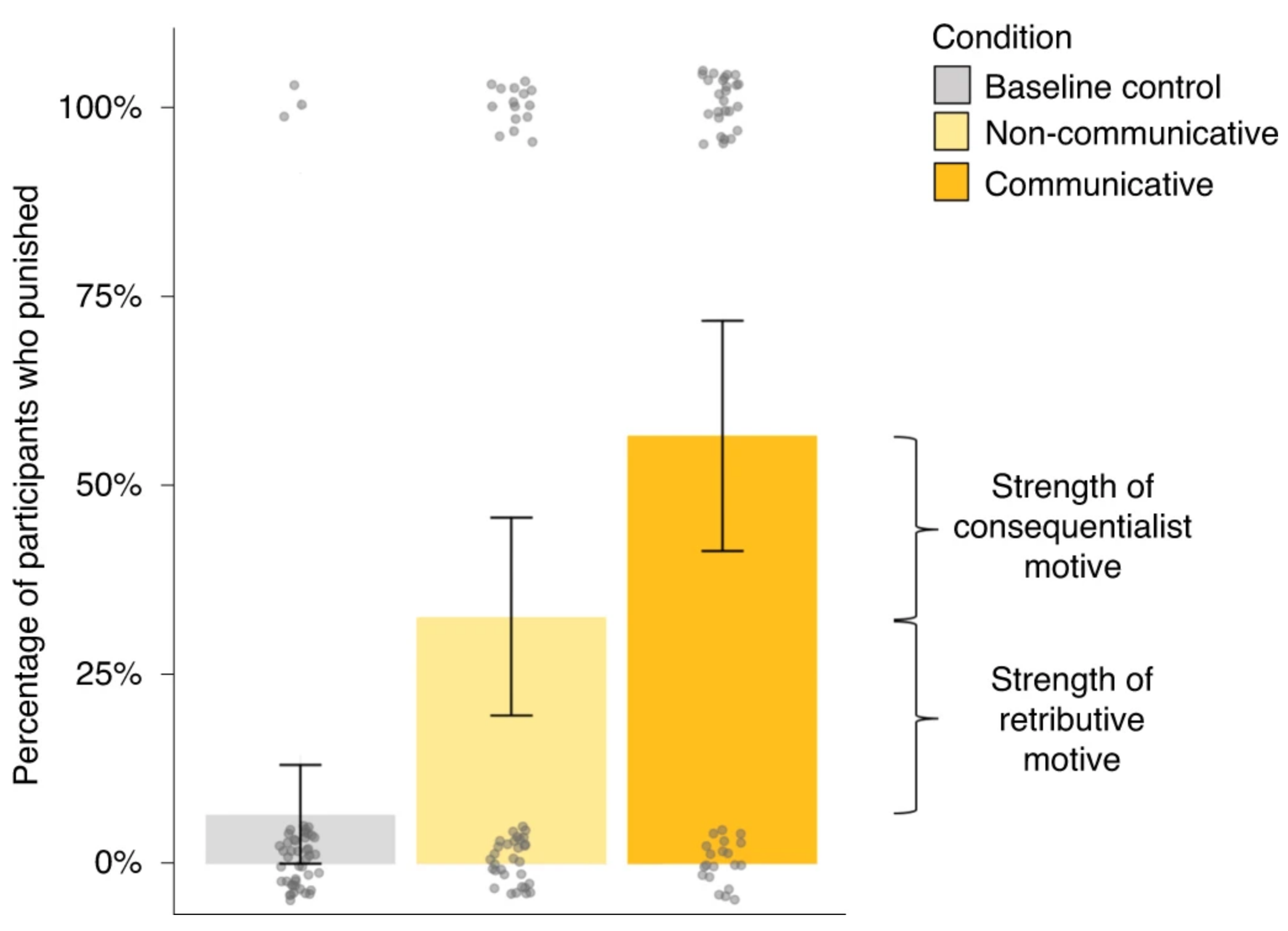{research}
Below find abstracts and citations of selected research papers. For a full list of research projects and other work, please see my cv.
Humans have long sought experiences that transcend or change their sense of self. By weakening boundaries between the self and others, such transformative experiences may lead to enduring changes in moral orientation. Here we investigated the psychological nature and prosocial correlates of transformative experiences by studying participants before (n = 600), during (n = 1217), 0–4 weeks after (n = 1866), and 6 months after (n = 710) they attended a variety of secular, multi-day mass gatherings in the US and UK. Observations at 6 field studies and 22 online followup studies spanning 5 years showed that self-reported transformative experiences at mass gatherings were common, increased over time, and were characterized by feelings of universal connectedness and new perceptions of others. Participants’ circle of moral regard expanded with every passing day onsite—an effect partially mediated by transformative experience and feelings of universal connectedness. Generosity was remarkably high across sites but did not change over time. Immediately and 6 months following event attendance, self-reported transformative experience persisted and predicted both generosity (directly) and moral expansion (indirectly). These findings highlight the prosocial qualities of transformative experiences at secular mass gatherings and suggest such experiences may be associated with lasting changes in moral orientation.
Citation: Yudkin, D.A., Prosser, A.M.B., Heller, S.M., McRae, K., Chakroff, A., & Crockett, M.J. (2022). Prosocial correlates of transformative experience at secular multi-day mass gatherings. Nature Communications.
A key function of morality is to regulate social behavior. Research suggests moral values may be divided into two types: binding values, which govern behavior in groups, and individualizing values, which promote personal rights and freedoms. Because people tend to mentally activate concepts in situations in which they may prove useful, the importance they afford moral values may vary according to whom they are with in the moment. In particular, because binding values help regulate communal behavior, people may afford these values more importance when in the presence of close (versus distant) others. Five studies test and support this hypothesis. First, we use a custom smartphone application to repeatedly record participants’ (n = 1166) current social context and the importance they afforded moral values. Results show people rate moral values as more important when in the presence of close others, and this effect is stronger for binding than individualizing values—an effect that replicates in a large preregistered online sample (n = 2016). A lab study (n = 390) and two preregistered online experiments (n = 580 and n = 752) provide convergent evidence that people afford binding, but not individualizing, values more importance when in the real or imagined presence of close others. Our results suggest people selectively activate different moral values according to the demands of the situation, and show how the mere presence of others can affect moral thinking.
Citation: Yudkin, D.A., Gantman, A., Hofmann, W., & Quoidbach, J. (2021). Binding moral values gain importance in the presence of close others. Nature Communications.
How does group membership influence people's willingness to enact punishment on others? This research shows that people demonstrate intergroup bias, but only under cognitive load. The results have implications for theories of intergroup relations, justice, and social policy.
Citation: Yudkin, D. A., Rothmund, T., Thalla, N., Twardawski, M., & Van Bavel, J. (2016). Reflexive intergroup bias in third-party punishment. Journal of Experimental Psychology: General, 145, 1448-1459.
It is well known that people evaluate their own outcomes (i.e., their possessions, achievements, etc.) in contrast to others’—a phenomenon termed “social comparison.” In this research, I investigated how people’s sense of similarity to the person they are comparing to (“comparison target”) influences what gets compared. Results showed that the more dissimilar the comparison target, the more abstract the comparison became. For example, while someone may compare trivial matters like cell phone thicknesses to their friends', when comparing themselves to dissimilar others, by contrast, they may learn about broader things such as values, relationships, and how to live a good life.
Citation: Yudkin, D. A., Liberman, N., Wakslak, C., & Trope, Y. (2019). Better off and far away: Reactions to others’ outcomes depends on their distance. Organizational Behavioral and Human Decision Processes.
Past research suggests that use of psychedelic substances such as LSD or psilocybin may have positive effects on mood and feelings of social connectedness. These psychological effects are thought to be highly sensitive to context, but robust and direct evidence for them in a naturalistic setting is scarce. In a series of field studies involving over 1,200 participants across six multiday mass gatherings in the United States and the United Kingdom, we investigated the effects of psychedelic substance use on transformative experience, social connectedness, and positive mood. This approach allowed us to test preregistered hypotheses with high ecological validity and statistical precision. Controlling for a host of demographic variables and the use of other psychoactive substances, we found that psychedelic substance use was significantly associated with positive mood—an effect sequentially mediated by self-reported transformative experience and increased social connectedness. These effects were particularly pronounced for those who had taken psychedelic substances within the last 24 h (compared to the last week). Overall, this research provides robust evidence for positive affective and social consequences of psychedelic substance use in naturalistic settings.
Citation: Forstmann, M., Yudkin, D.A., Heller, S.M., & Crockett, M. (2020). Transformative experience and social connectedness mediate the mood-enhancing effects of psychedelic substance use in naturalistic settings. Proceedings of the National Academy of Sciences
Adults punish moral transgressions to satisfy both retributive motives (such as wanting antisocial others to receive their ‘just deserts’) and consequentialist motives (such as teaching transgressors that their behaviour is inappropriate). Here, we investigated whether retributive and consequentialist motives for punishment are present in children approximately between the ages of five and seven. In two preregistered studies (N = 251), children were given the opportunity to punish a transgressor at a cost to themselves. Punishment either exclusively satisfied retributive motives by only inflicting harm on the transgressor, or additionally satisfied consequentialist motives by teaching the transgressor a lesson. We found that children punished when doing so satisfied only retributive motives, and punished considerably more when doing so also satisfied consequentialist motives. Together, these findings provide evidence for the presence of both retributive and consequentialist motives in young children.
Citation: Marshall, J., Yudkin, D.A., & Crockett, M. (2020). Children punish third parties to satisfy both consequentialist and retributive motives. Nature Human Behaviour.
Altruism isn't just about being nice to others. It's also about punishing wrongdoers, even if it comes at a cost. In this research I investigated "altruistic punishment" in young children. I find that children as young as 3 years of age will make a personal sacrifice to punish someone who has broken the rules. Moreover, young children placed in a position of responsibility tend to punish in-group members more than out-group members, suggesting there is something about feeling a sense of authority that leads people to police the members of their own group.
Citation: Yudkin, D. A., Rhodes, M., & Van Bavel, J. (2019). Young Children Police Group Members at Personal Cost. Journal of Experimental Psychology: General.
Current theory in psychology suggests two distinct factors come into play when people judge other people’s actions: the benefit they think those actions will have, and how good those actions would feel to perform (known as “warm glow”). In this research, my collaborators and I found that warm glow is actually more important than benefit in people’s moral judgments. In other words, when people evaluate about how morally praiseworthy something is, they are paying more attention to how good it would feel to perform than how beneficial it would be to others. The results explain why, for instance, we may be more approving of donating to causes like the Make A Wish foundation than the Against Malaria foundation.
Citation: Yudkin, D.A., Prosser, A., & Crockett, M. (2018). Actions speak louder than outcomes in judgments of prosocial behavior. Emotion.
The act of sightseeing in an unfamiliar city, of deciding whether to end a relationship, and of trying out a new item on a menu all have at least one thing in common: they all involve the act of venturing beyond the relative safety of a known environment (the “local maximum”) in search of a superior alternative. In this research, I investigate what sorts of mental states lead people to engage in exploration. I observed that the people who are most likely to take a risk by venturing into the unknown are the ones who are thinking of their situation in abstract or distant terms. The results highlight the mental faculties that may be necessary for people to transcend the here-and-now.
Citation: Yudkin, D. A., Pick, R., Hur, E. Y., Liberman, N., & Trope, Y. (2018). Psychological Distance Promotes Exploration in Search of a Global Maximum. Personality and Social Psychology Bulletin, 0146167218799309.









People often wonder whether their previous actions were right or wrong. In this paper, we used a massive online repository of everyday moral situations, along with new methods in natural language processing, to investigate how people experience and evaluate moral dilemmas. Our results reveal 29 types of dilemmas, which vary in how frequently they are experienced and how negatively they are evaluated. While people most often experience dilemmas relating to relational obligations, they are most often condemned for acts of dishonesty. Furthermore, people experience different dilemmas depending on whether they are close or distant to whomever they are interacting with. Overall, these results underscore how relationships shape moral thinking and situate the study of moral psychology in everyday life.
Yudkin, D.A., Goodwin, G., Reece, A., Gray, K., & Bhatia, S. (2025). A large-scale investigation of everyday moral dilemmas. PNAS NEXUS.